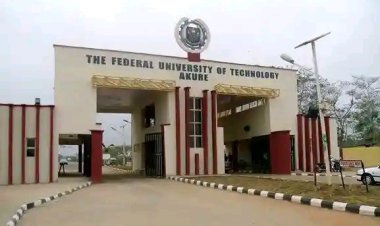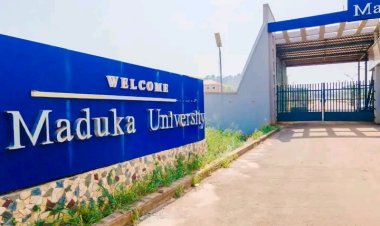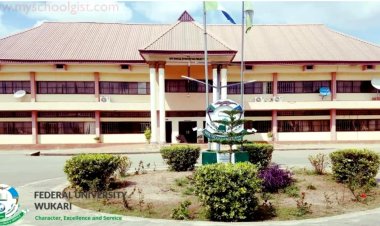FULAFIA to introduce new dress codes for students - VC
As the Federal University of Lafia (FULafia) gets set to introduce a new dress code for its students, the Vice-Chancellor, Professor Shehu Abdul Rahman, has said that the need to democratise contemporary university management practices cannot be overstated.
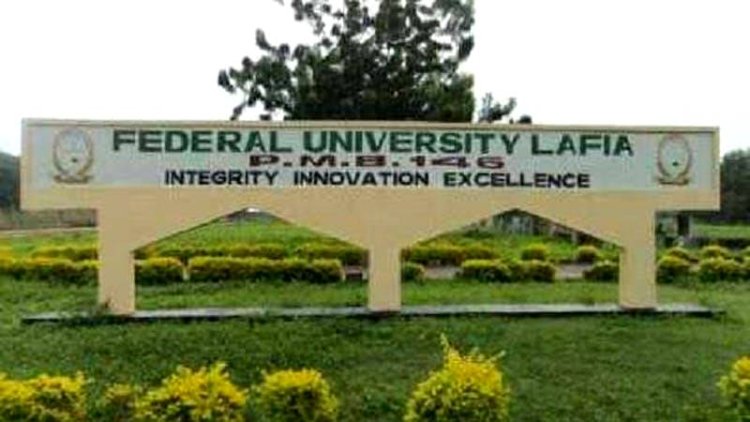
As the Federal University of Lafia (FULafia) gets set to introduce a new dress code for its students, the Vice-Chancellor, Professor Shehu Abdul Rahman, has said that the need to democratise contemporary university management practices cannot be overstated.
He, therefore, called for involvement of students in the process of writing the soon-to-be introduced dress code.
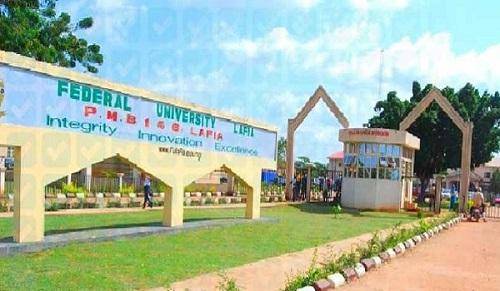
Abdul Rahman, rightly, said that the process expected to culminate in having the new dress code in the University can only be deemed to be reasonable, actionable and complete if students are involved and make contributions because the code is going to determine what they wear within the University’s environment.”
Abdul Rahman, who spoke at the venue of the presentation and swearing-in of the new officials of the Students Representatives Council (SRC) and Students Integrity Club (SIC), said that his administration prioritises democracy in how students, in particular, and University community, in general, are administered.
He recalled how his administration, recently, introduced the Speak-UP Programme with a view to expanding the number of channels through which students can, freely, express their views regarding how their lives are being governed by the Management of the University and what changes they would like to have made.
He, also, recalled that all in his bid to deepen and widen the practice of democracy in the administration of the University, a Suggestion Box was placed at some strategic corners of the University and students, especially those who could not Speak-Up, were encouraged to write and drop their views and suggestions into the boxes.
Abdul Rahman maintains that as the world goes democratic, the students of FULafia must be prepared, in all ramifications, “to be able to cope with the challenges and realities of the contemporary world.” He pointed out that democratisation of university management practices plays a key role in developing a high quality education and making a university to attain high quality status.

 Amanna
Amanna 